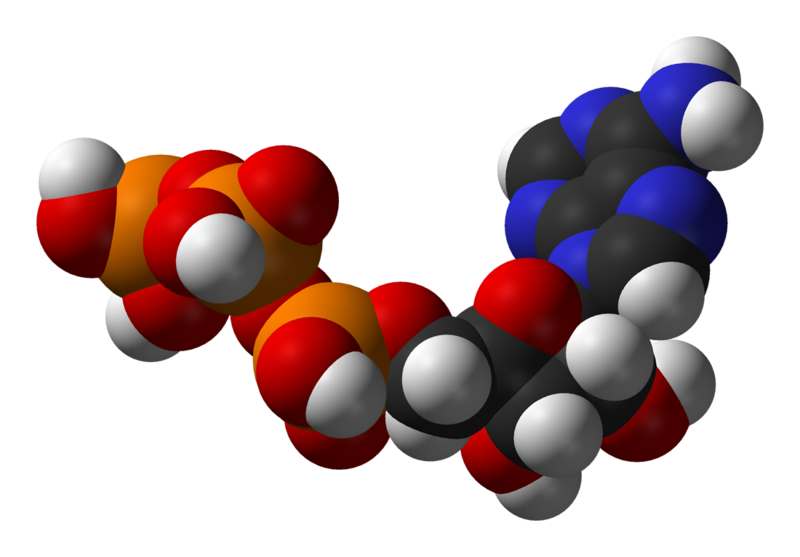Research suggests that Omega-3 fatty acids, especially in the form of DHA (docosahexaenoic acid) may be of ‘significant value’ in minimizing the risk of metabolic conditions. This is great news for those taking an Omega-3 supplement such as GLX3 because the benefits can include relief from symptoms of fatty liver disease, sore and aching joints, and more.
The omega-3 fatty acids (EPA and DHA) present only in fish oil impact leptin, a hormone responsible for the regulation of a person’s metabolic rate, and while not everyone is into eating cold-water fish such as trout or salmon, the benefits can be seen in supplements as well.
The kicker? Omega-3s can boost metabolism by as much as four hundred calories per day!
So how do omega-3s affect metabolism?
Many people see fat — in any form — as the enemy, but the truth is that getting an adequate amount of good, healthy fats is actually important for satiety. Taking a complete serving of healthy fats in your meal makes you feel fuller for longer, which of course means you won’t find yourself digging through the pantry an hour after lunch.
There is evidence that omega-3s such as those found in GLX3 have a positive influence on other fats because of the stimulation of leptin – the hormone that communicates to your brain that you are full. It is a well established fact that supplements of DHA, utilized at levels which are generally recommended for heart (cardiovascular) benefits, have had some wonderful and unexpected benefits on other biological pathways and metabolic systems including protein and amino acid function, carbohydrate and vitamin metabolism, as well as lipid metabolism.
A healthy diet supplemented with DHA can partially or totally prevent metabolic damage through these pathways, with backup often linked to the Western diet consisting of heavy consumption of sugar, red meat, processed grains, and saturated fats.
If you balance a diet which minimizes these things with a supplement such as GLX3, the positive results can be improved even more!
OK — So Leptin and Omega-3s are good together. What else?
When there is lack of leptin circulating in your body, there is an increased level of the neurotransmitter neuropeptide Y, which triggers the hunger reflex (essentially what causes you to dig through the pantry an hour after lunch). An elevated level of neuropeptide Y can aalso reduce thyroid function as well as the metabolic rate.
Regular intake of long-chain omega-3 polyunsaturated fatty acids (n-3 LCPUFA) provides multiple mechanisms to counteract appetite suppression, obesity, and circulatory improvements that trigger delivery of nutrients to skeletal muscle and transforms in gene expression, that results in shifting metabolism towards increased energy expenditure; elevated fat oxidation; and reduced fat deposition.
These long-chain omega-3 polyunsaturated fatty acids may also modify gene expression in skeletal muscles and cause suppression of catabolic pathways and upregulation of anabolic pathways, resulting in maintenance of physical function, higher lean tissue mass and metabolic rate.
Omega-3 PUFA supplementation during twenty weeks offers additional benefits to a lifestyle modification program protocol in treating Metabolic Syndrome by minimizing blood pressure, waist circumference, and high triacylglycerol prevalence.
(Notice how we slid waist circumference in there — you can actually have a trimmer waistline by following this method and exercising regularly!)
Supplementing Omega-3s reduces the Omega-6 to Omega-3 ratio and increases resolvin and protection that offers important anti-inflammatory effects and reduces the risk factors associated with Metabolic Syndrome, with significant effects in all MS components.
The American Liver Foundation has estimated that about twenty-five percent of the country’s population, and seventy-five percent of those who are obese, possess nonalcoholic fatty liver disease. Omega-3 fatty acid keeps cells from responding to and being destructed by whatever is causing inflammation.
Omega- 3s in fish Oil increases metabolism
Fish oil omega-3s improves your metabolism. The higher your metabolic rate, the more calories get burnt and that regulates the metabolism. Increase in metabolic rates also results in increase in muscle mass. Muscles burn more calories than fat, therefore an elevation in muscle mass explains the higher metabolic rates.
A quicker metabolism helps you burn more calories every day and potentially lose more weight. Omega -3s in fish oil may boost the effects of exercise. Fish oil also boosts the effects of exercise.
So, in Laymen’s Terms, taking an Omega-3 supplement such as GLX3 can boost your metabolism and help you keep your organs healthy — all while maintaining a healthy weight.



















